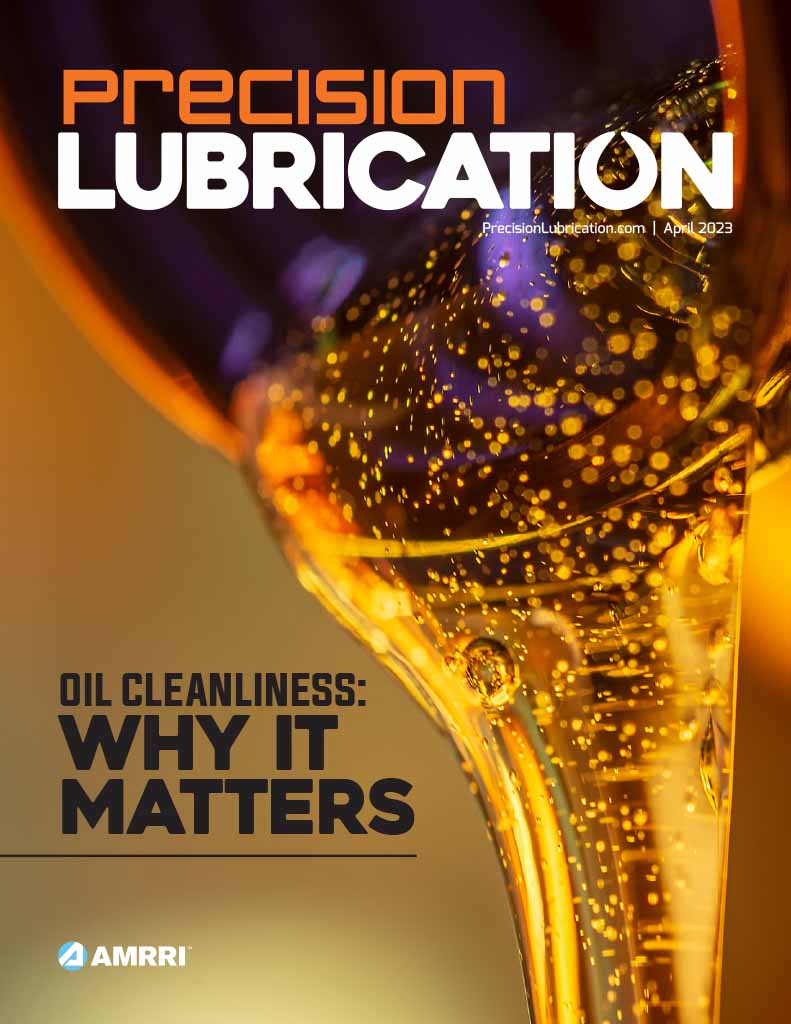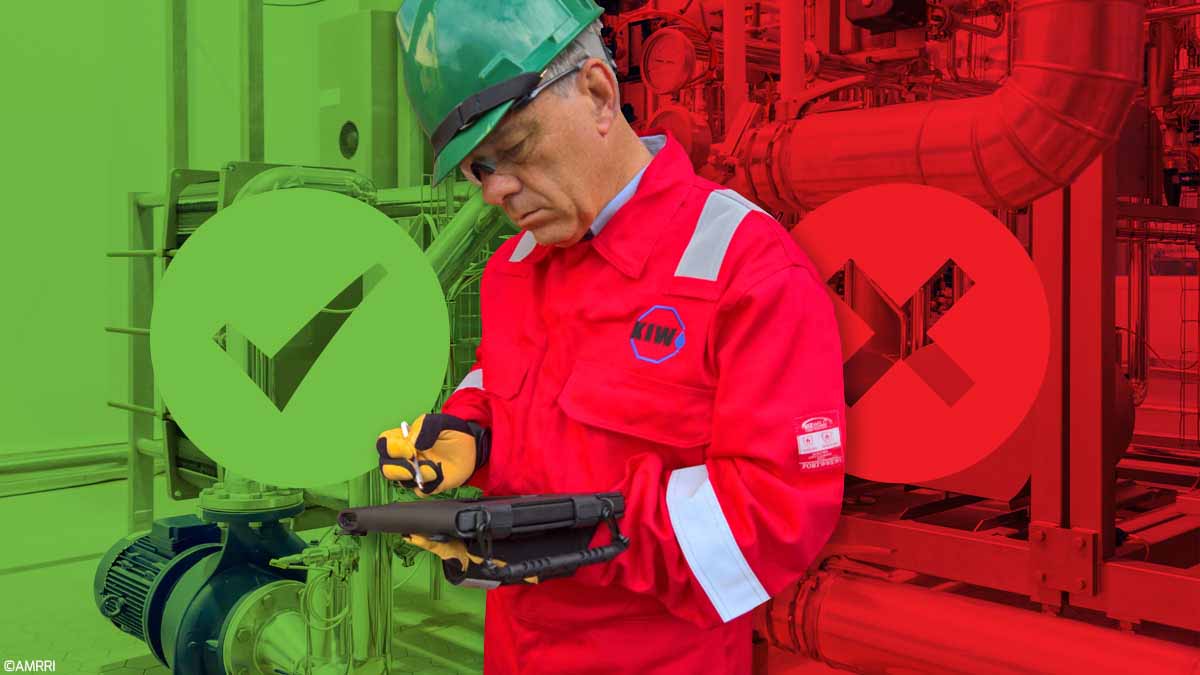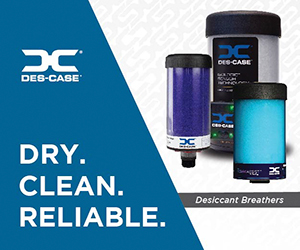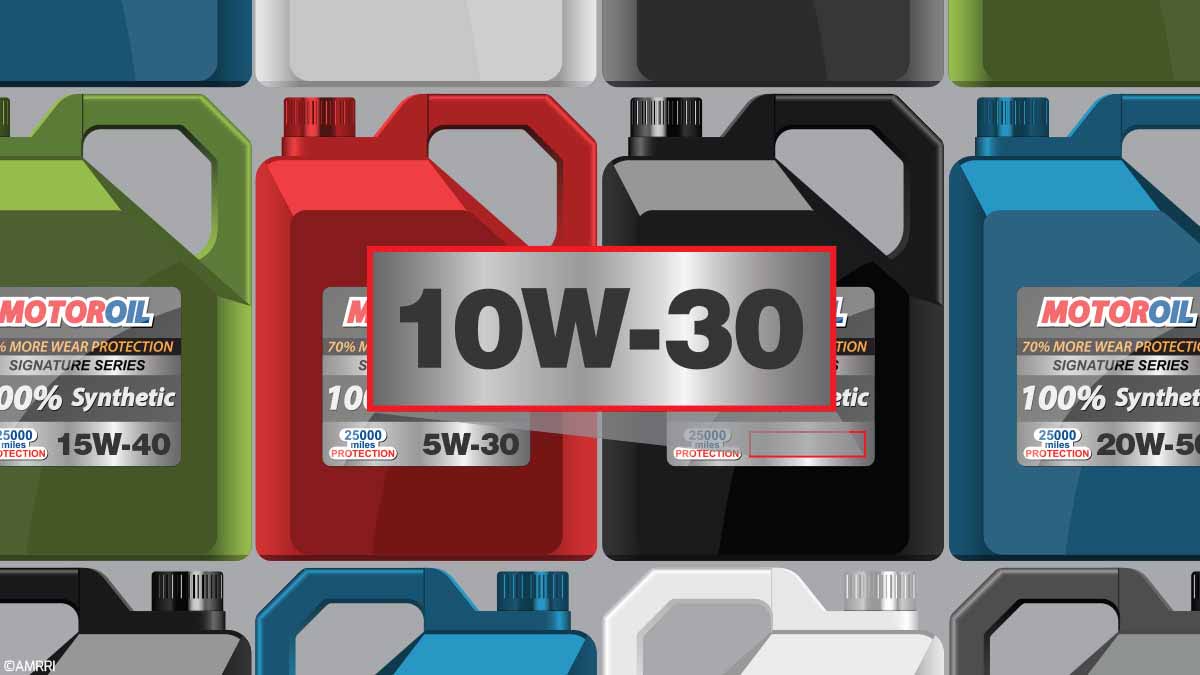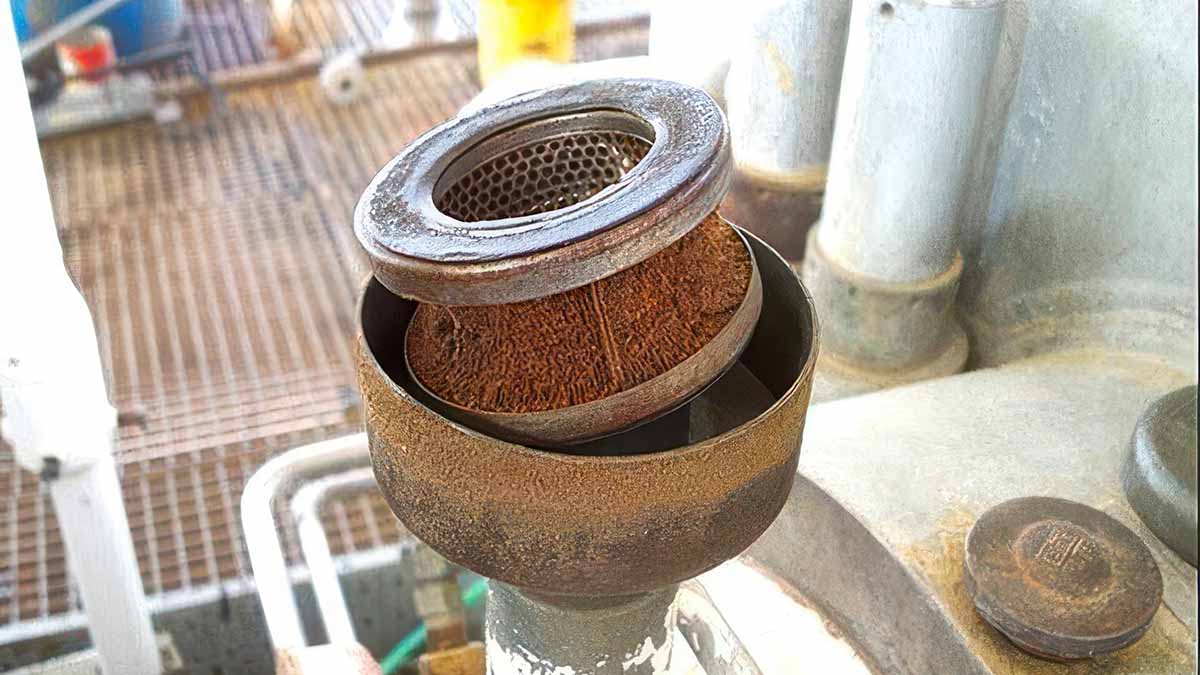Lubrication Management – A Necessary Evil?
Lubrication tasks are essential to maintaining assets within any facility, regardless of industry. That means personnel are required to undertake these tasks.
Traditionally, companies employed an individual or even a team of dedicated lubrication technicians who spent their entire time generally undertaking greasing and oil changes around the site.
But about 30 years ago, this started to change. Management felt that dedicated lubrication technicians were an unnecessary expense and let these people go. Instead, it handed the lubrication activity out in various ways to the maintenance and operations personnel as additional tasks in their daily schedules.
This proved somewhat disastrous because not only was significant knowledge lost, but the personnel picking up the additional lubrication tasks were less than enthusiastic to be seen to be taking on a “grease monkey” role and were also ill-equipped in terms of knowledge and skills.
However, over the last twenty years, there has been an increasing trend towards sub-contracting the lubrication activity, typically with contract personnel being supplied and managed by the lubricant suppliers or various companies specializing in reliability and condition monitoring support services.
Lubrication Tasks and Labor – Where to Next?
One of my usual discussions with clients on site is whether to continue with lubrication duties shared amongst the operations and maintenance personnel or to go to a dedicated lubrication team.
The reliability engineers I work with generally prefer the latter: a dedicated lubrication technician or team reporting to the reliability department rather than to maintenance. On the other hand, the maintenance managers and the accountants tend to prefer their current status quo and continue with the tasks being deployed amongst the personnel already working in those areas.
The Downside to Continuing as Before
Indeed, continuing as before, with lubrication duties shared amongst operations, asset care personnel, and technicians, is a good idea for senior management because they perceive there will be no change in additional hire employment costs.
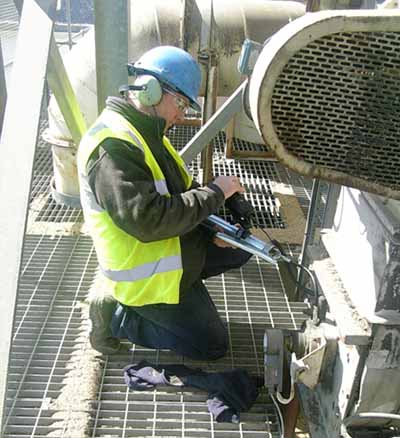
However, this means that change is more challenging to achieve, especially when re-designing the client’s lubrication program for implementation of best practices, which will generally mean learning new procedural steps.
People will tend to continue to do what they have always done. By that, not only will the operators and technicians continue to undertake the lubrication tasks just as they have always done, but the maintenance supervisors will also continue to downgrade the importance of the lubrication work and push the technicians to do what they consider more important work like fixing broken machines.
Consequently, trying to leap from reactive to proactive will never happen; there won’t be enough time to be proactive.
The Upside to A Dedicated Lubrication Technician Or Team
On the other hand, having a dedicated lubrication technician or team will, at first glance, mean additional labor costs with new personnel needed to fill the role. Someone needs to be appointed to the role. But does this have to be at an extra cost? Generally, no.
If we consider a typical scenario of a team of maintenance personnel, say twenty people, we think that all of them may spend, on average, 5% of their time on lubrication tasks such as oil and filter changes, greasing, and collecting oil samples.
Now, remove one person from the team to focus on lubrication. The other nineteen will now have 5% of their time freed up. The nineteen people can now do the work of the one person who has been sidelined.
On the other side of the equation, the one person no longer assigned to reactive and other preventative maintenance work now has 95% of his time to take on the other nineteen technicians’ individual 5% lubrication duties.
The mathematics makes sense. There is no extra cost of hiring. In addition, implementing a re-engineered lubrication program will likely reduce the lubrication workload, so the argument works in some instances when we consider doing this with a team of, say, 12 technicians.
What are the benefits of a dedicated lubrication technician? Ownership of the program!
It is far easier to implement change with one enthusiastic individual or a core team than across a team of people with little ownership or interest in the process.
Why should the lubrication technician or team report to the reliability team? Feedback and focus! With one individual or team doing regular plant walkarounds for activities such as greasing, the necessary inspections are done more regularly, and other condition-monitoring information can be gathered simultaneously.
The new age, qualified lubrication technician might also be employed to collect vibration readings and do thermal image and ultra-sound scans even if they are not involved in interpreting the collected data. In addition, as a reliability team member rather than a maintenance team member, there is no more distraction to go and fix broken equipment.
What About a Contract Service?
While a dedicated lubrication technician or team may not appeal to some businesses for various reasons, a contract lubrication service may be interesting. The obvious attraction of a contract workforce for any aspect of the business is that someone else deals with the administrative issues of the employee, thus reducing costs and liabilities to the company itself.
In the case of a contract lubrication technician or team, there is the added attraction of putting the costs of any training and certification on the contractor, assuming, that is, that this is a requirement.
Indeed, in the UK, much of my training is getting attendees through the preparation training to enable them to take the certification examinations. This is either because the client has insisted the contractor has these boxes ticked or, often more so, the case that the contractor has opted to go this route as it makes their contract service offering more appealing.
In this instance, any contractor should consider getting the relevant certifications for their team. I would also recommend that any company considering a contract service include this as part of the agreement.
In my experience, contract services are usually provided by one of two suppliers: either a lubricant supplier or a condition monitoring/reliability service supplier. However, in some cases, a relationship between the two may exist, whereby a reliability service provider may have an arrangement with a lubricant supplier.
In both instances, however, the contractor may offer additional options such as lubricant consolidation, provision of a new lubricant storage facility, lubrication scheduling re-design, and used oil sampling and analysis.
The downside is that the contractor may remove the storage facility and equipment if the contract is not renewed, and the client company may also lose the intellectual property (IP) and data collected over this period.
Therefore, the contractor agreement should be very clear that the IP and data remain the property of the client company. In addition, non-disclosure agreements (NDA) are signed, as the contractor will likely become quite familiar with the client company’s processes and operations.
In some cases, additional incentives towards renewing the contract at a future date may be imposed by the client company on the contractor, such as reducing the annual usage of lubricants or other such targets related to the used oil analysis metrics to get the most from the contract service.
The trouble with such an approach is that this often entails the need to upgrade the assets to meet these targets. In such instances, this is not priced into the contract service, and rightly so, as these are costs that the client company needs to cover as these are their own assets. However, the client company may not invest as they should, making it difficult for the contractor to meet such goals.
Which Way to Go?
Business as usual is not an option when pursuing reliability. If you always do what you have always done, nothing changes.
As attractive as a contract service may seem, one simply cannot employ an outsider to deliver reliability to the business.
The drive for reliability must come from within, along with an associated change of culture and mindset across the company. An outsider cannot achieve this, no matter how enthusiastic they may be to assist in delivering improvements unless there is a substantial internal appetite to achieve world-class status.
In an ideal world, an in-house dedicated team is the best way forward.
All that said, whichever route is chosen, remember that for success, knowledge, skills, and a properly structured and managed lubrication and used oil analysis program is essential to achieving reliability through lubrication.

